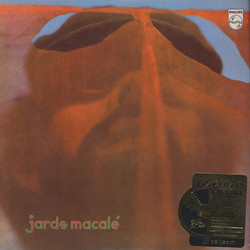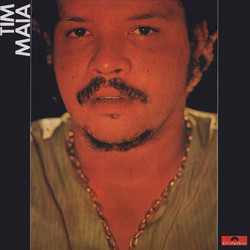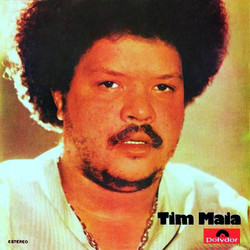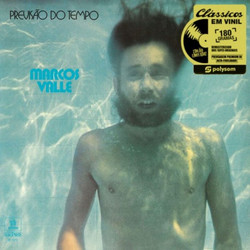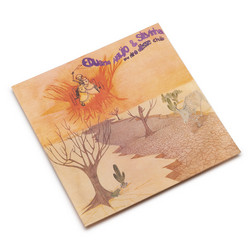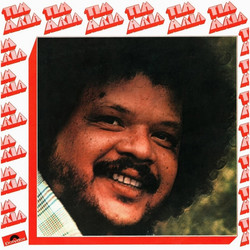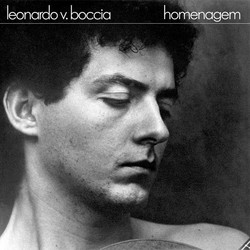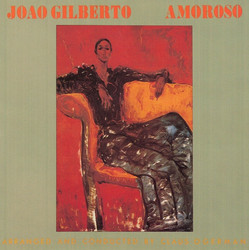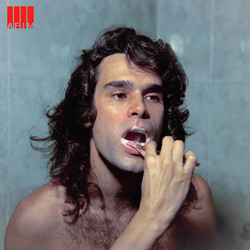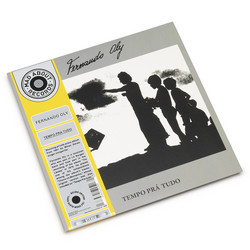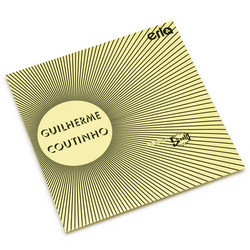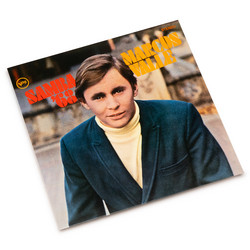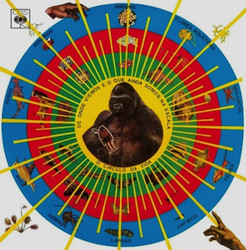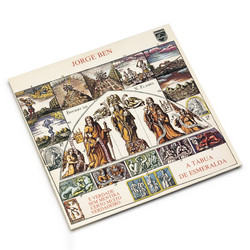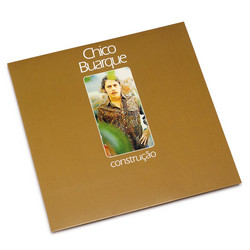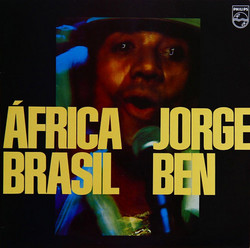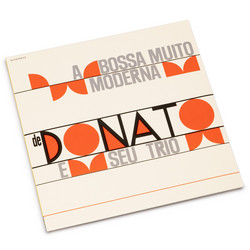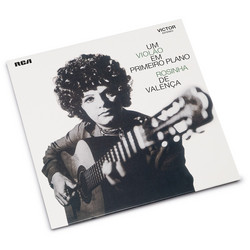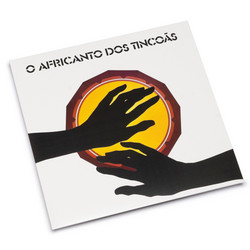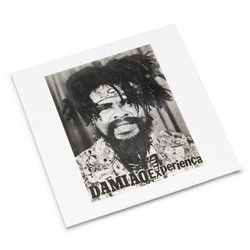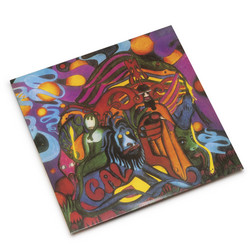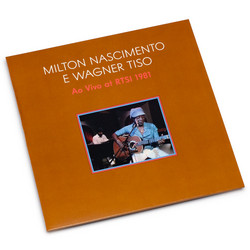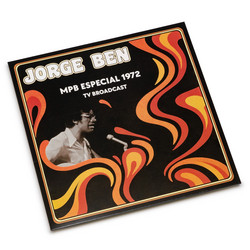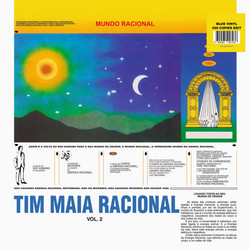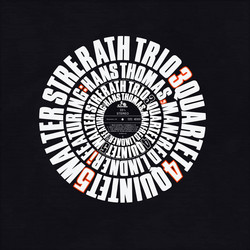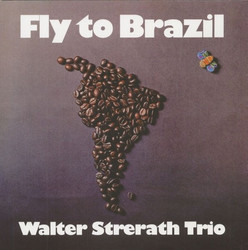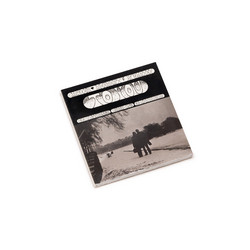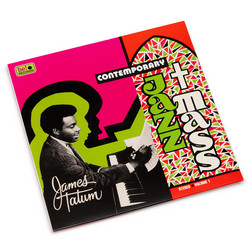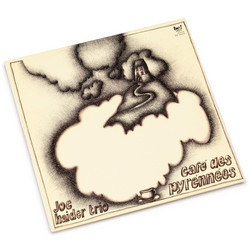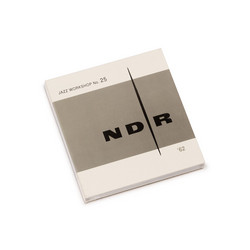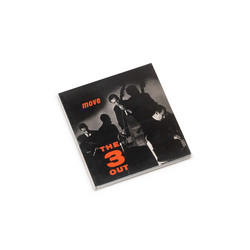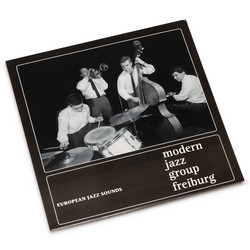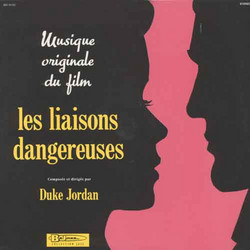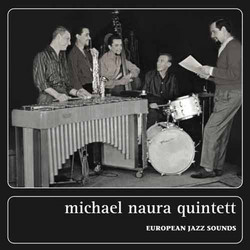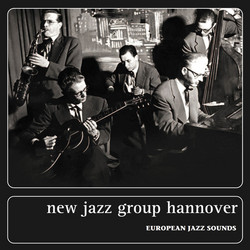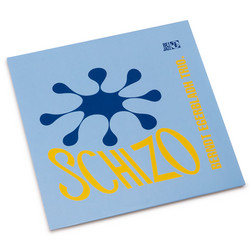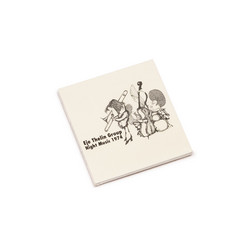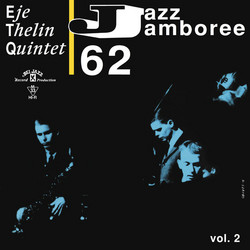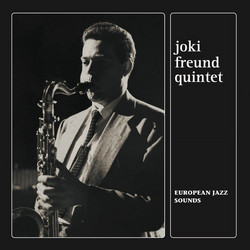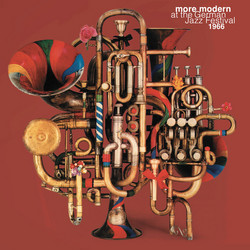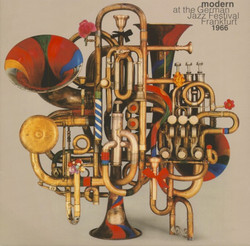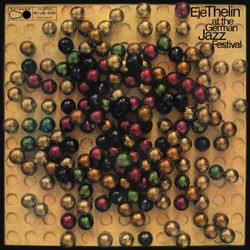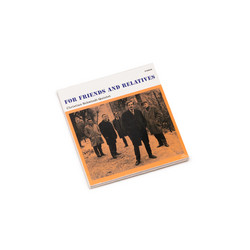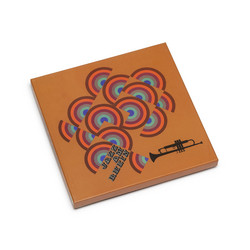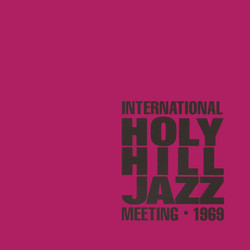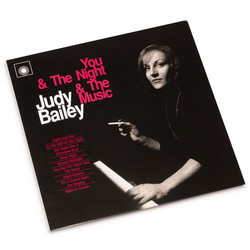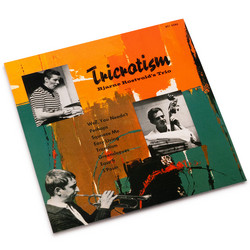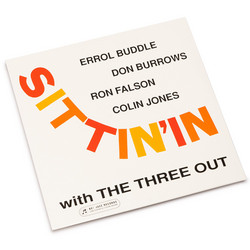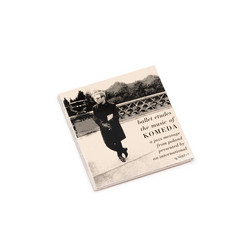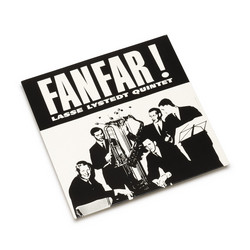Walter Strerath
Fly To Brazil (LP)
Walter Strerath passed away unexpectedly at age 39 in September 1981, just as a South American tour for 1982 was being organized. Fly to Brazil, recorded in Darmstadt in January 1975, stands as his final album—a culmination of a brief but remarkable career that took him from industrial management in Mönchengladbach to recognition as one of Europe's finest jazz pianists.
Strerath's trajectory was unusual. He began presenting solo performances in 1958 while working his day job as an industrial manager. Between 1963 and 1967, he collected several national awards as an amateur and performed at the Friedrich Gulda Festival in Vienna, where a jury that included Duke Ellington voted him best jazz pianist of the festival. After the trio's second place at the amateur festival in Zürich, the musicians started extensive touring in many European countries, eventually earning an invitation to Newport in the early 1970s.
Fly to Brazil documents a new trio formation cultivating their very own style of bossa nova jazz. The album explores the synthesis between North American jazz and Brazilian samba—what the liner notes describe as "a feedback of North-American jazz with its drive, blues and beat compared to Brazilian samba with its joie de vivre and optimism." The session includes eight tracks: Fly To Brasil, Bara-Bossa, On 4 Goes It Loose Blues, Bossa Made In Germany, Softly As In A Morning Sunrise, A Slow Fly, Con Alma, and Autumn Leaves.
The original 1975 pressing has become one of the rarest German jazz records, with approximately 200 copies surviving after water damage destroyed a large part of the pressing. What remains is a document of European musicians engaging seriously with Brazilian musical structures—not as exotic borrowing but as genuine integration. The trio's approach demonstrates an understanding of how bossa nova's characteristic syncopations create space within the music, how its rhythmic architecture generates forward motion without aggression.
This is Brazilian music filtered through a European sensibility. Strerath's piano work reveals fluency in both the harmonic sophistication of modern jazz and the cyclical grace of samba. The extended pieces like A Slow Fly and Softly As In A Morning Sunrise allow the trio to develop ideas across time, demonstrating that their command of the form extends beyond surface stylistics into structural understanding.
Fly to Brazil captures a particular moment in jazz history when geographic boundaries were becoming increasingly permeable, when European musicians were developing distinct voices while remaining in dialogue with developments across both American continents. The album stands as evidence of Strerath's ability to synthesize influences without imitation—to create, as the original liner notes suggest, a synthesis "that can hardly be beaten by any other European group."
